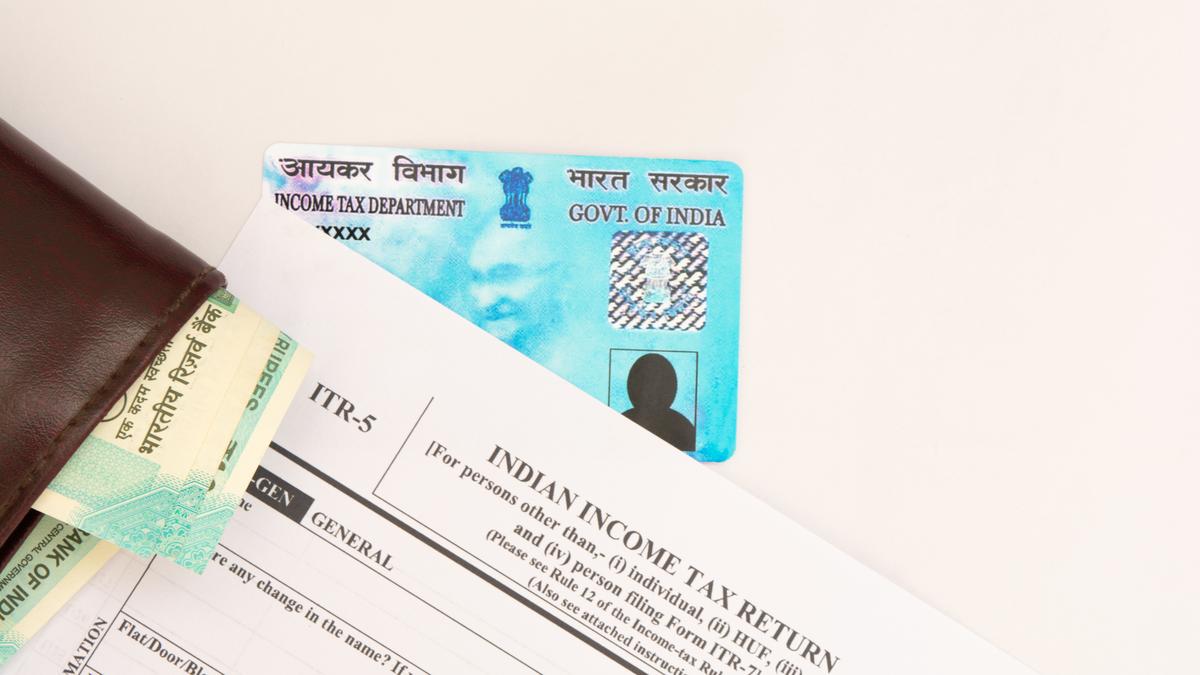 |
|
The Indian government's recent approval of the ₹1,435 crore PAN 2.0 project signifies a significant leap towards modernizing its tax administration system. This initiative, spearheaded by the Income Tax Department, aims to transform the Permanent Account Number (PAN) into a unified digital identifier across various government agencies. The project's core objective is to streamline taxpayer registration services, enhancing accessibility and accelerating service delivery while simultaneously improving the overall quality of the process. The current PAN system, while functional, suffers from inefficiencies and lacks the seamless integration necessary for a truly digitalized government. The upgrade promises a more integrated and efficient system, reducing bureaucratic hurdles and making interactions with tax authorities significantly smoother for citizens.
The project's ambitious scope encompasses a complete overhaul of the existing PAN/TAN 1.0 ecosystem. This involves consolidating both core and non-core functions related to PAN and TAN (Tax Deduction and Collection Account Number) issuance and management. A key component is the enhancement of the PAN validation service, a crucial element for verifying taxpayer identities across different government platforms. This integration aims to eliminate redundant data entry and verification processes, creating a single source of truth for taxpayer information. The benefits extend beyond just efficiency; the project also anticipates significant cost optimization and a substantial reduction in the environmental footprint through the adoption of eco-friendly processes and digital workflows. This aligns perfectly with the government's broader Digital India initiative, promoting a paperless and environmentally conscious approach to governance.
The implications of PAN 2.0 are far-reaching. The transformation of PAN into a common business identifier will simplify interactions between taxpayers and various government agencies. This interconnectedness will streamline numerous processes, including tax filing, benefit applications, and other government transactions. The improved security and infrastructure optimization promised by the project will ensure the protection of sensitive taxpayer data, a critical consideration in any large-scale digital initiative. The project's success hinges on effective implementation and robust data security measures. The government's commitment to a ₹1,435 crore investment demonstrates its seriousness in modernizing its tax infrastructure and improving citizen services. The sheer scale of the project, aiming to manage data for approximately 78 crore PANs (with 98% belonging to individuals), highlights the magnitude of this undertaking and its potential impact on the lives of millions of Indian citizens.
Beyond the immediate benefits of improved efficiency and cost savings, PAN 2.0 holds the potential to significantly enhance India's ease of doing business rankings. By simplifying processes and reducing bureaucratic bottlenecks, the project can contribute to a more favorable investment climate. The project also underscores the Indian government's commitment to digital transformation and the utilization of technology to improve public services. The successful completion of PAN 2.0 could serve as a model for other government agencies looking to modernize their systems and leverage technology to improve citizen engagement and service delivery. Furthermore, the project’s focus on data security and integrity will be crucial in fostering public trust in government digital services, a vital aspect of ensuring the long-term success of the Digital India initiative.
However, challenges remain. The successful implementation of PAN 2.0 requires careful planning, robust cybersecurity measures, and effective public awareness campaigns. Ensuring the smooth transition from the existing system to the new platform without disrupting services will be critical. Addressing potential technical glitches and providing adequate training for government personnel will also be essential to the project’s success. Finally, maintaining data privacy and security in such a large-scale system will require continuous vigilance and the adoption of state-of-the-art security protocols. The government must actively address any concerns regarding data privacy and security to maintain public trust in the initiative. Transparency and accountability throughout the implementation process will be key in assuring the public that their sensitive information is protected.
Source: PAN 2.0 project worth ₹1,435 crore approved by Cabinet; key takeaways for taxpayers
